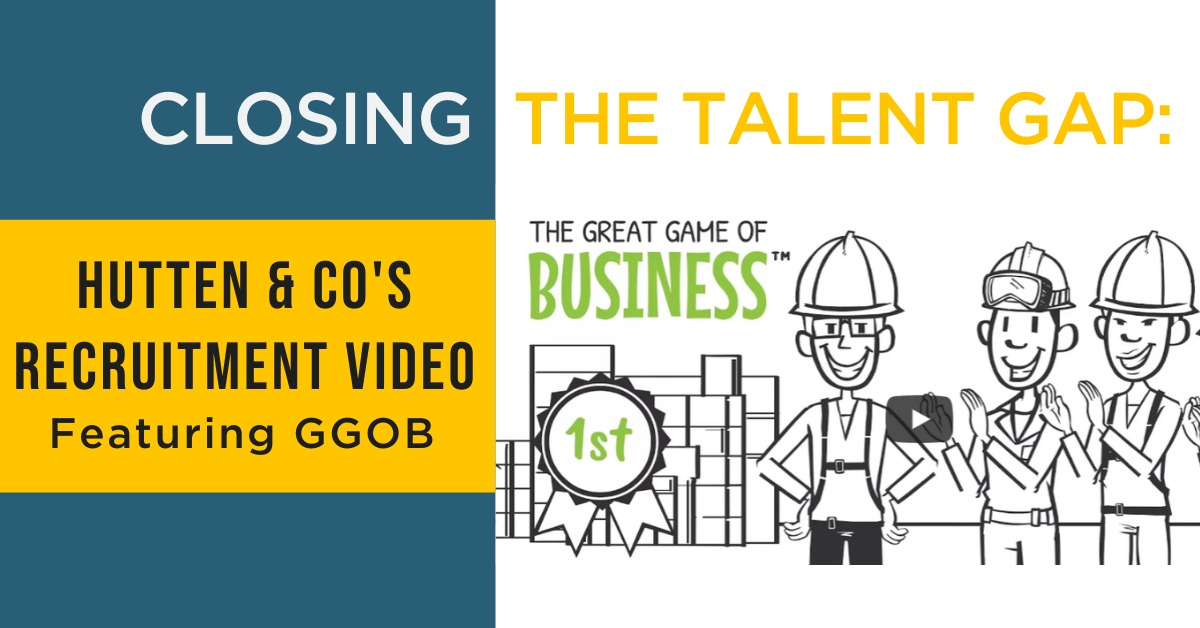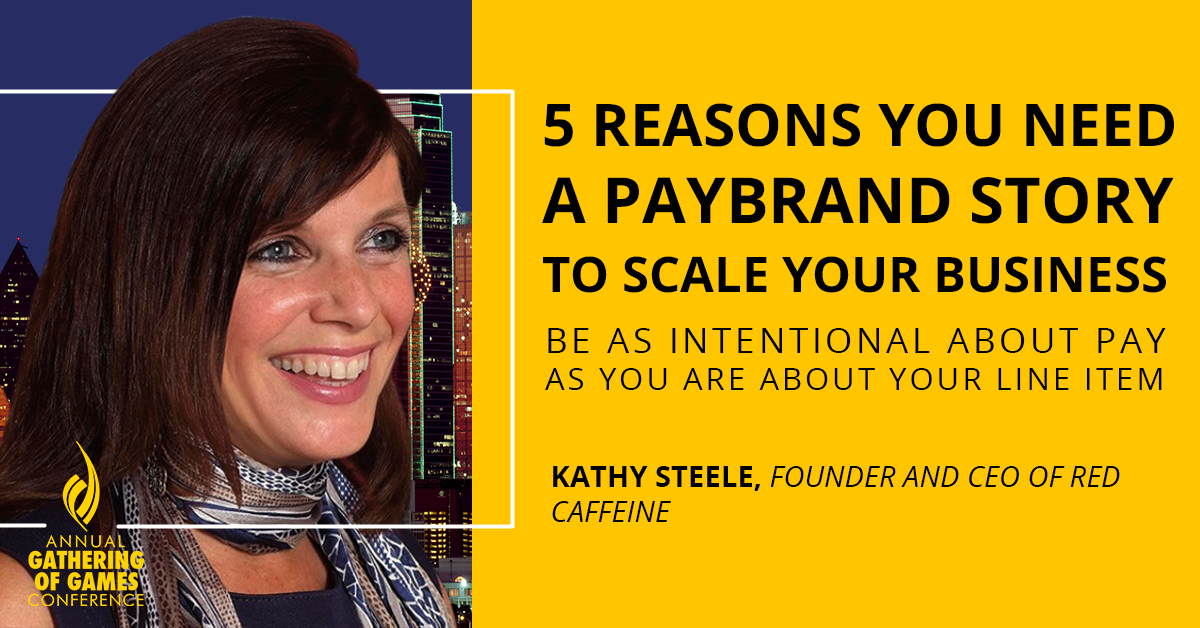I recently wrote a blog about how, when our company conducted our second High-Involvement Planning (HIP) meeting in October, only 74% of our associates told us they were confident in the sales plan for the company—which was down from an 80% confidence rating when we conducted the same survey in June. Historically, we’ve seen confidence ratings consistently in the high 80s—sometimes into the 90s. Maybe it’s easy to write off the 74% number due to the ongoing uncertainty of the pandemic as well as the election and other factors. But it did get me wondering about what truly inspires confidence in people. That led me to conduct an informal survey where I asked our associates to send me their responses to a simple question: “How do you build confidence?” I was blown away by the diverse range of answers we received. I found it interesting to see all the different approaches people recommended, so I grouped them into a couple of categories:
Read More
# 1 - Recognition and Respect Great employees continue to prove themselves every day. Recognition and respect from peers and leadership further solidifies the bond between a great employee and the company. Respected employees stay because they would have to start over at ground zero at a new company. Once again working to earn recognition and respect from a new employer. Respected employees: help set and maintain the productive rhythm of the company. mentor others. step up when needed without being asked. have unique talents and expertise that are obvious. In return, the great employee's work and contribution earns them recognition and respect at all levels of the company, especially leadership. Again, the key word is "earned."
Read More
How often have you heard this: “All we ask you is to do the job, nothing more.” Well, I don’t want people just to do a job. I want them to have a purpose in what the hell they’re doing. I want them to be going somewhere. I want them to be excited about getting up in the morning, to look forward to what they’re going to do that day. Maybe it’s a matter of tricking people into wanting to come to work. I say “tricking” because I don’t think it’s a natural thing. Most people would rather be doing something other than work—I certainly would—but they feel they don’t have any choice. Companies reinforce that feeling. They not only tell people just to do the job, they set up the work so it is just a job. They say, “Drill as many of these holes as possible, as fast as possible, and don’t think about anything else.” That’s one way to run a company. What you wind up with are workers who think a job is just a job. I call them the living dead.
Read More
Success happens frequently when playing the Great Game of Business®. Whether it is winning a MiniGame™ or hitting your goals, there are plenty of opportunities to accelerate these results. To be even more successful, what we say when things go right is important (Gable, Gonzaga & Strachman, 2006). After a success, there are four types of responses:
Read More
If you have implemented The Great Game of Business® and are making progress in your company, you might be wondering what the next step is. How do you sustain The Game and keep your team engaged in the long-run? Here are some tips and tools to keep your current staff energized, and bring new employees up to speed on your Great Game™ culture and practices:
Read More
At SRC Holdings, we see our succession management program as one of our most important strategic advantages. It is also one of our greatest challenges because our managers must not only be good at their jobs but also good at building and maintaining our culture. Every year, we dive deeply into our workforce and employment data to evaluate ownership succession planning results while actively supporting the progress and alignment of our strategic workforce goals. During this process, the big objective is to complete detailed strategic workforce planning. The goals of this process can be achieved by answering four basic questions:
Read More
I have always believed that you take on a big obligation when you hire somebody. That person needs to bring home money, put food on the table, take care of children. You can't take that obligation lightly. Of course, the individual has obligations to the company as well. Employment is a two-way street. But as much as possible I want it to be someone's choice whether or not he or she leaves the company. It really bothers me to see people laid off through no fault of their own. To prevent that from happening, we have a contract among ourselves. Everything we do is based on a common understanding that job security is paramount—that we are creating a place for people to work not just this year or five years from now, but for the next fifty years and beyond. We owe it to one another to keep the company alive.
Read More
Ask anyone - it's just getting harder and harder to find good employees. In the U.S., the unemployment rate hit 3.5 percent last month (a 50-year low) and in Canada, that number is 5.5 percent. These numbers suggest that businesses are operating at full capacity, but if you are a business leader, you probably have a different perspective. Low unemployment often means a gap in the number of qualified people available to fill open positions.
Read More
Great Game® practitioners have many shared values, such as a commitment to High-Involvement Strategic Planning, and the belief that every employee can impact the bottom line. Another shared value, which may at first seem too obvious to mention, is an attention to the numbers. As Great Game of Business practitioners, we are attentive, even passionate, about the numbers. To successfully scale and grow our business, this passion and thought must apply to all numbers on the balance sheet. Having a “why” behind every employees’ compensation that can be sustained long-term is critical to keeping top talent around and attracting the best new hires.
Read More
Company culture is one of the most important values individuals look at when searching for a job. That's why Great Game practitioners often spread the word about their open-book and transparent business practices, and as a result not only draw in prospective talent, but attract the right employees with compatible values—those that will thrive in their Great Game culture. GGOB practitioners showcase their unique culture to tell their customers and staff—new and old—the story of what they're all about. Many companies capitalize on their practice of the Great Game of Business® in job postings and their organization's web pages as hiring tool, an asset to retain current employees, and way to communicate their organization's values to clients.
Read More

.png)







.png)


.png)




.png)




-5.png)

